Do Blue Jays Eat Other Birds?
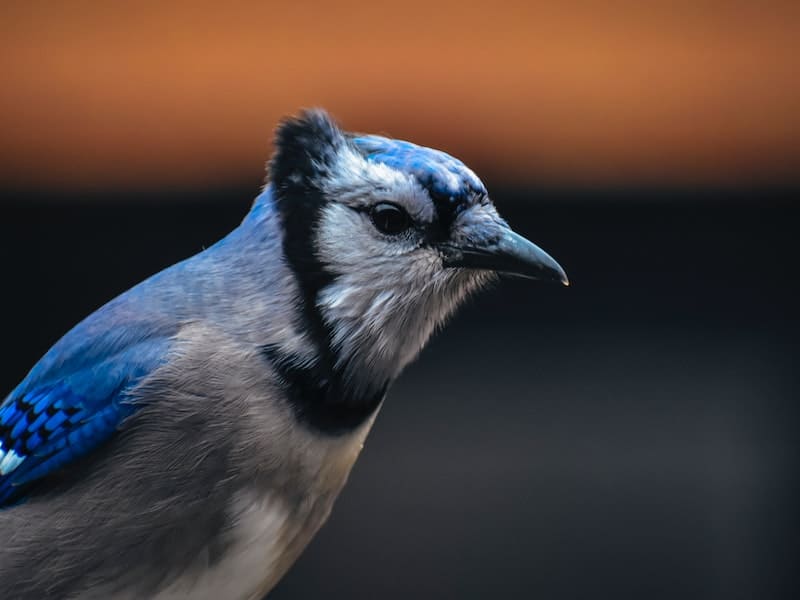
Do Blue Jays Eat Other Birds? This is a question that has long plagued scientists and bird enthusiasts alike. Do these majestic creatures feast on their smaller brethren, or do they stick to a vegetarian diet? Today, we are going to explore the dietary habits of the Blue Jay and try to answer this age-old question!
Contents
Do Blue Jays Eat Other Birds?
Blue jays are known to be aggressive and loud birds, but are they also predators? Do blue jays eat other birds? The answer is both yes and no. Blue jays have been known to eat smaller birds, such as finches and sparrows. However, they are not the only predators of these small animals.
Other birds of prey, such as hawks and owls, will also hunt these smaller birds. Blue jays will also eat insects, berries, and nuts. So, while blue jays may not be the only predators of small birds, they are certainly willing to add them to their diet.
Can Blue Jays Kill Other Birds?
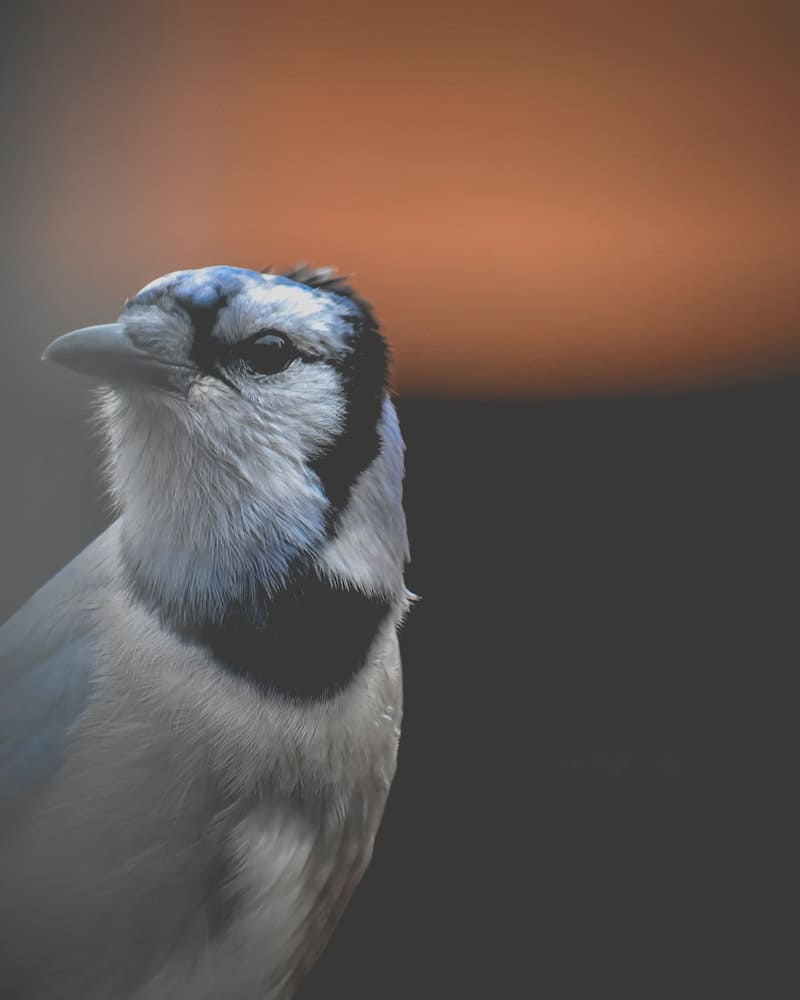
Though blue jays are beautiful birds, many people wonder if they are dangerous. Do blue jays eat other birds? The answer is complicated. Blue jays are known to eat eggs and young chicks, as well as small lizards, snakes, and rodents. However, they are not known to kill adult birds.
In fact, blue jays often form close relationships with other birds, such as crows and woodpeckers. These relationships can be beneficial. For example, blue jays have been known to warn their feathered friends of predators. So while blue jays may not be the most gentle of creatures, they are not typically a danger to other birds.
Do Blue Jays Attack Other Birds?
The answer is yes, but not as a primary food source. While blue jays will eat insects, fruits, and nuts, they are opportunistic predators and will take advantage of an easy meal. This means that they will readily kill and eat smaller birds, particularly young birds that are not yet able to fly.
In addition to preying on other birds, blue jays have also been known to eat eggs and nestlings. While their primary diet consists of plant matter, blue jays are not above hunting for an easy meal. If you’re thinking, do blue jays eat other birds as well, then we must tell you that yes, they do.
Which Birds Do They Commonly Attack?
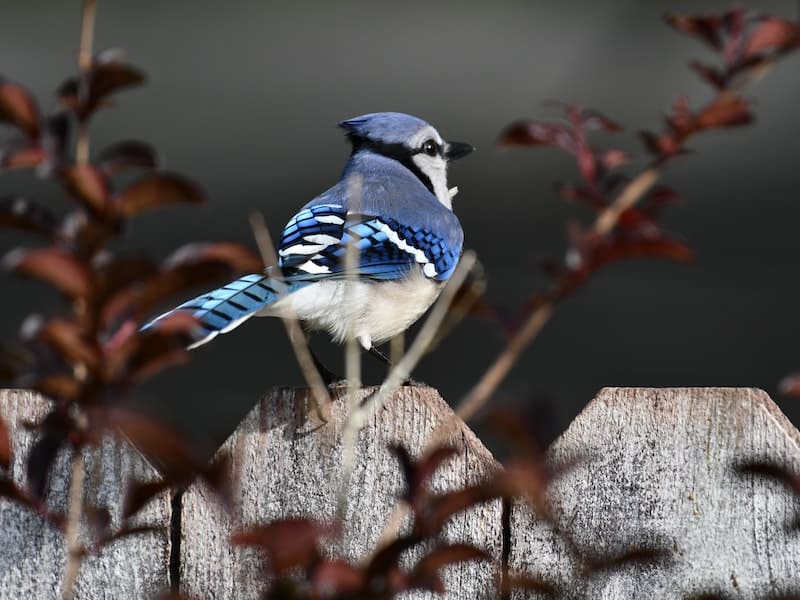
Blue jays are also known for being aggressive, and they have been known to attack other birds, small mammals, and even humans. Blue jays typically attack smaller birds, and they will sometimes kill them in order to eat them. They have also been known to attack larger birds, such as hawks and eagles, in order to protect their nests.
In addition to attacking other birds, blue jays have also been known to raid bird feeders and steal food from them. And if a human comes too close to a blue jay’s nest, the bird may attack them in order to defend its young. So while blue jays may be beautiful to look at, it’s best to admire them from a distance.
Do Blue Jays Eat Dead Birds?
While it is true that blue jays are known to eat small animals, including rodents and reptiles, the jury is still out on whether or not they will eat dead birds. There are several theories as to why blue jays may be attracted to carcasses, including the possibility that they mistake them for live prey or that they are simply scavenging for food.
There is no definitive answer as to whether or not blue jays eat dead birds. However, one thing is certain, if you see a blue jay near a carcass, it’s best to keep your distance.
How Do Blue Jays Feel About Humans?
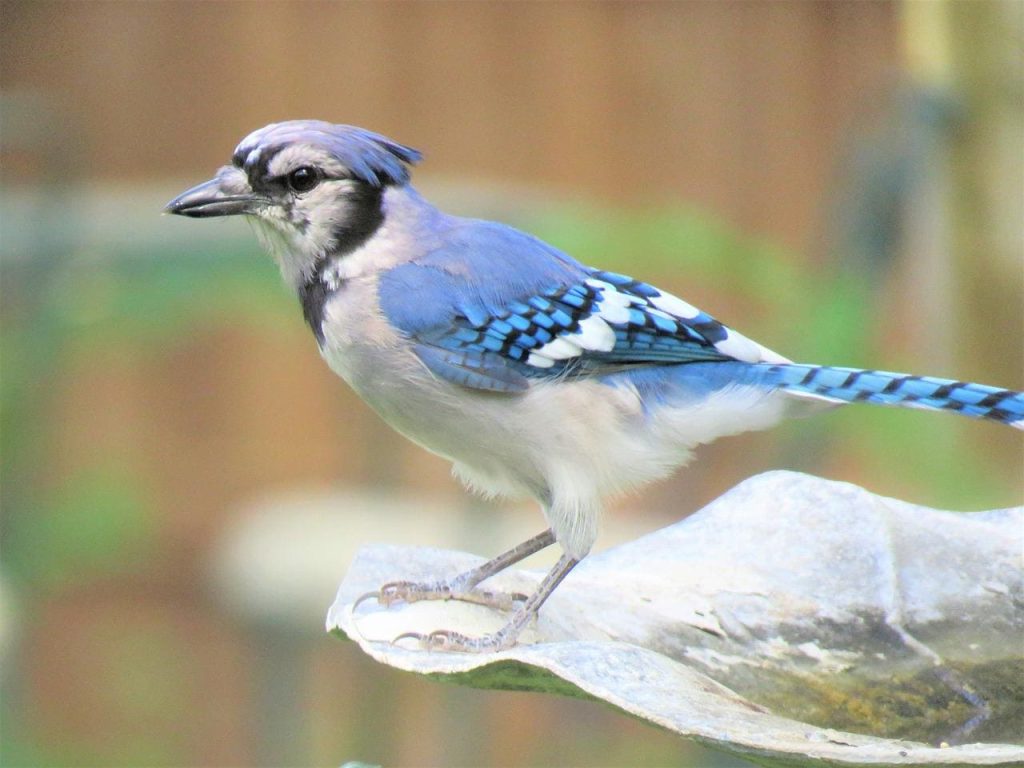
Blue jays are known for their blue feathers and their loud calls. They are also known to be very curious birds. This means that they are often seen checking out humans that are in their territory.
While some people may think that blue jays are aggressive because of their behavior, this is actually not the case. Blue jays are simply curious by nature and do not mean any harm. In fact, blue jays can even be friendly towards humans if they are raised around them.
Overall, blue jays have mixed feelings about humans. They can be curious and even friendly, but they will also defend their territory if they feel threatened. It is important to remember that blue jays are wild animals and should not be approached without caution.
What Birds Are Blue Jays Afraid Of?
While it is clear that Blue jays are not afraid of humans, there have been several reports of blue jays being frightened by foxes, coyotes, and even snakes. In one case, a blue jay was observed grooming a snake, only to fly away in terror when the snake moved suddenly. While it is still not clear what exactly blue jays are afraid of, these reports suggest that they may be more skittish than we realize.
Are Blue Jays Good to Have Around?
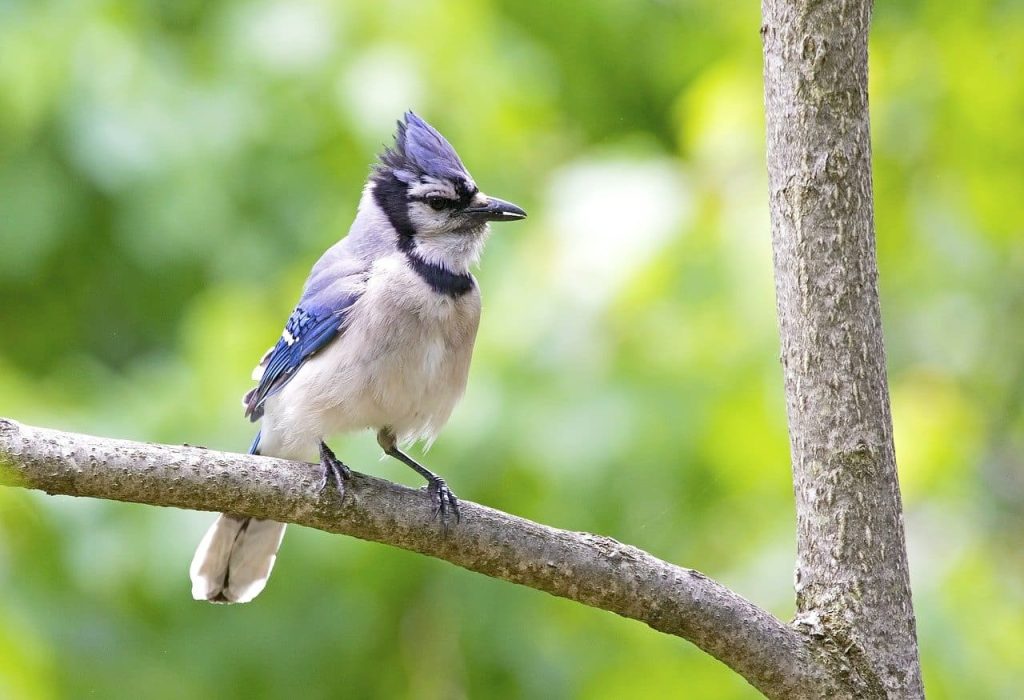
Blue Jays are a common sight in many backyards, and their vibrant plumage often makes them a welcome addition to the landscape. However, some bird enthusiasts may view them with suspicion, as they are known to be aggressive towards other birds and can be destructive to gardens. So, what is the verdict on blue jays? Are they good to have around?
- On one hand, blue jays can provide hours of entertainment as they play and squabble with one another. They are also effective at deterring squirrels and other small animals from raiding bird feeders.
- On the other hand, their aggressive nature can make them a nuisance to other birds, and their foraging habits can wreak havoc on flower beds and vegetable gardens.
In the end, whether or not a blue jay is good to have around depends on your individual preferences. If you’re looking for a bird that will add some excitement to your backyard, a blue jay may be a perfect choice. But if you prefer a more peaceful environment, you might want to give them a wide berth.
FAQs
Blue Jays are omnivorous and opportunistic feeders. This means that they will eat a variety of items, including other birds. While the majority of their diet is plant-based, they will consume small animals when the opportunity arises. As long as you’re not putting your birdfeeder in an area where blue jays congregate, you don’t have anything to worry about.
If you see blue jays at your feeder, it may be time to switch to a seed blend that is less appealing to them. Now you know the answer to ‘do blue jays eat other birds’. Let’s discuss some most frequently asked questions about blue jays.
Will blue jays eat baby birds?
While they will eat a variety of foods, including insects, nuts, and berries, blue jays have been known to prey on other birds, including baby birds. While the jury is still out on why they do this, some experts believe that it may be due to a lack of food options or competition for resources. Whatever the reason, it’s important to be aware that blue jays may pose a threat to baby birds in your backyard.
Are Blue Jays nasty?
There is no denying that blue jays can be incredibly noisy birds. Their loud calls are often heard long before the bird itself is seen. In addition, they are not afraid to defend their territory and will often chase away other birds, including much larger species. However, while their behavior may be considered obnoxious by some, it is important to remember that blue jays are simply acting on instinct.
In the wild, their loud calls help them to communicate with other members of their flock, and their aggressive behavior helps to protect their food source. As a result, it is unfair to label them as “nasty” birds. Instead, we should appreciate them for the important role they play in the ecosystem.
Why are Blue Jays aggressive to other birds?
Blue Jays are a common sight in many backyard bird feeders. These beautiful birds are known for their bright blue plumage and distinctive call, but they also have a reputation for being aggressive. Blue Jays are highly territorial birds, and they will often chase away other birds that enter their territory.
They have been known to dive-bomb other birds, and they will even steal eggs from nests. While their aggression may be a nuisance to other birds, it is actually an important part of their survival strategy. By chasing away other birds, Blue Jays can protect their food sources and increase their chances of survival.
Conclusion
Do Blue Jays Eat Other Birds? It would appear that the answer is yes, as blue jays have been observed preying on a variety of other bird species. While it’s not clear exactly why they do this, some experts believe that it may be related to their need for protein. Whatever the reason, if you’re a fan of birds (or just want to avoid being eaten by one), it’s best to keep your distance from blue jays!
Interesting articles:

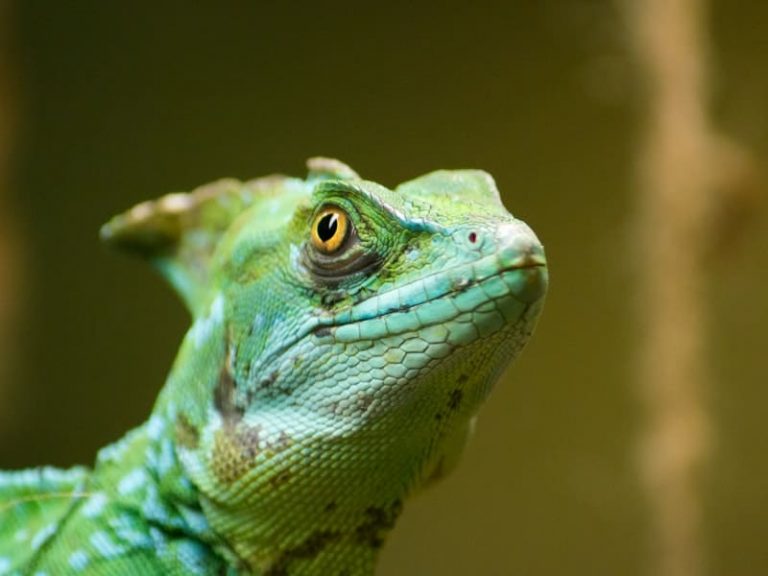
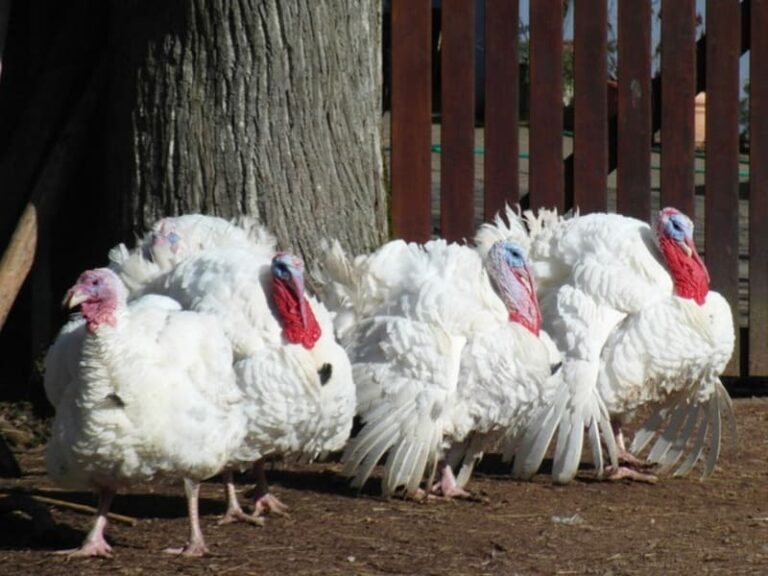
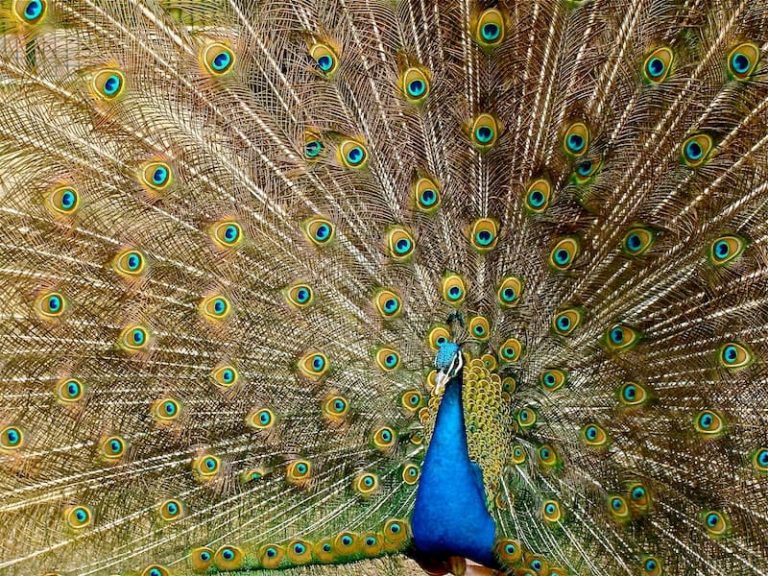
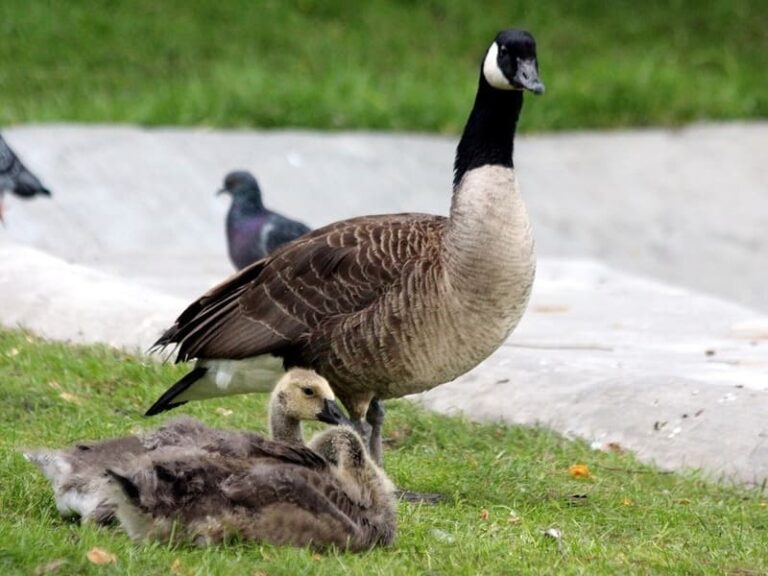
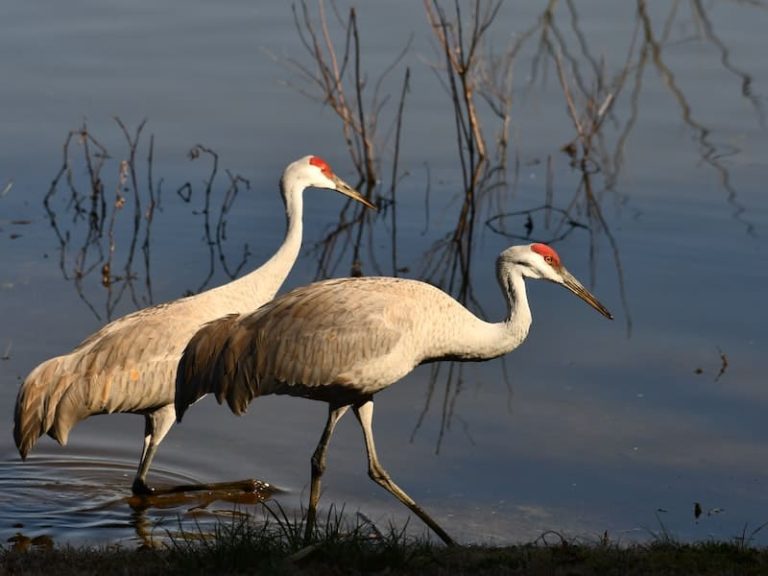
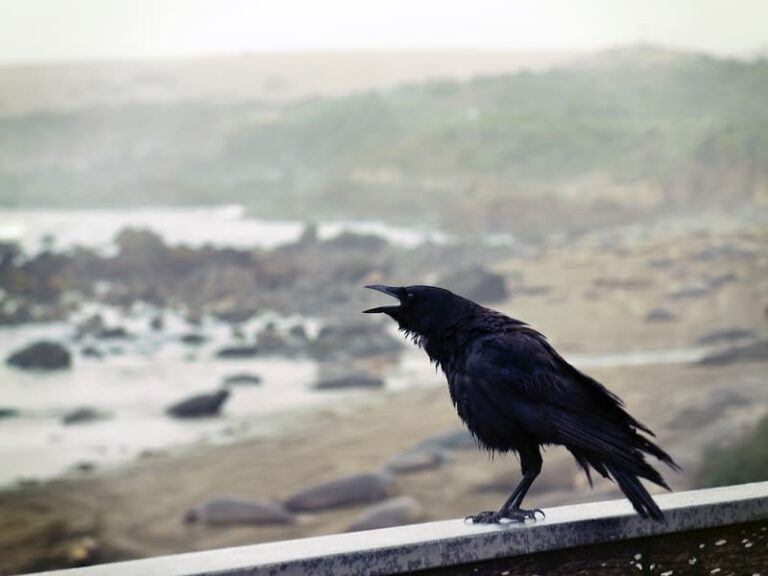
I agreed with you. There are some cases where blue jays eat other birds eggs, fledglings, or small birds, but the chances of this happening are very slim. The major component in a blue jay’s diet is vegetables, which take up 75% of their food intake throughout the year.
No every day if I’m not watching lucky the chickadee has a lot of eggs at a time and has me as a bodyguard for most of the time I’ve learned to cry I know when I am needed and the Bluejay is number one problem every day
So do you know What birds bully blue jays?
They are horrible birds the worst. Song bird ya right. If they want to. I have to protect a nest every year from the blue Jay with his murder crow and magpie and they are good compared to the blue Jay serial killer literally I have stopped one from killing a little bird put it back in its nest and I’m wondering too. I heard if you touch a baby bird your mom doesn’t go back. There was no problem the mom went back.
I love all alive things but spiders mice and centipedes millipedes worms probably don’t like snakes. If it’s coming towards me I don’t mind mice not when they’re running at me. I hate spiders. I hate them. I think I’m jealous of all the legs same with centipedes and millipedes. Not sure why there are bugs.